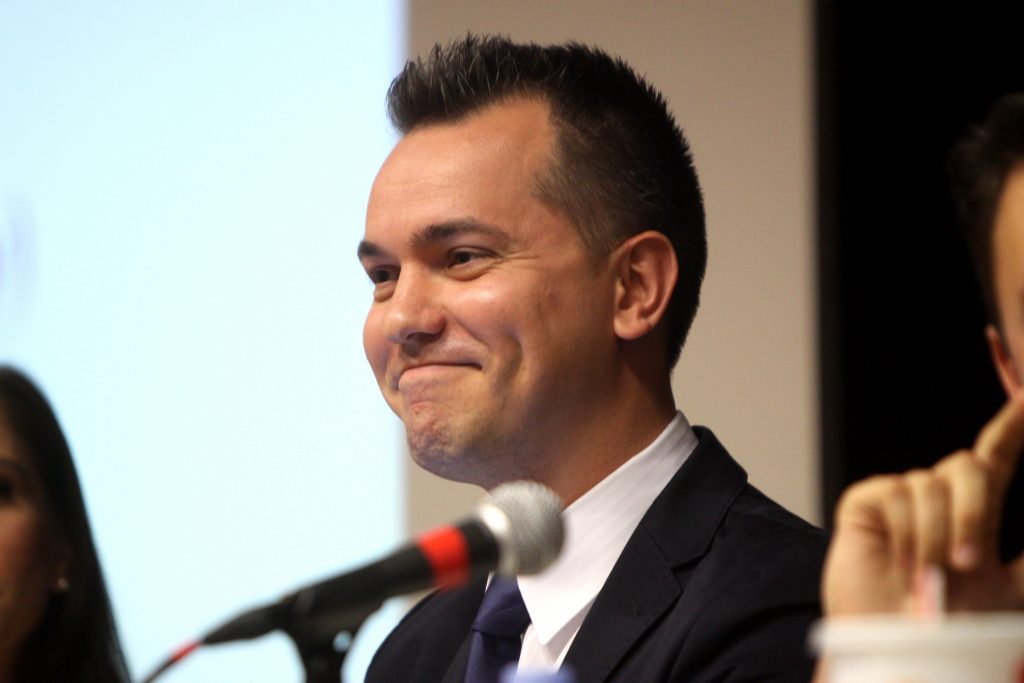Republican Senate Candidate Accepts The Largest Single Bitcoin Donation in Federal Election History

Missouri Republican candidate, Austin Petersen, the former Libertarian, has received 24 bitcoin donations so far in his campaign for Senate – the largest of which, valued at $4,500, is officially the largest single Bitcoin donation ever accepted by a US politician according to the Federal Election Commission.
According to the Federal Election Commission , Senate Republican candidate, Austin Petersen, received a donation worth 0.284 of a Bitcoin – which at the time of exchange was valued at $4,500 in US dollars. This is the single biggest bitcoin donation in US political history. It also opens the debate about cryptocurrencies, political donations and transparency.
Petersen’s campaign aide stated :
“I think it goes without saying we’re going to see a lot more of this in terms of campaign contributions and campaign financing. Austin is personally a fan of competition in the marketplace, even when it comes to our currency. With the rise of cryptocurrencies like bitcoin, it was a no-brainer for us to use those.”
Bitcoin – A New Political Currency?
This new milestone now cements Bitcoin, and cryptocurrency assets, as a new means of increasing campaign contributions through alternative digital currency donations. The Missouri-based Republican Senate candidate received 24 bitcoin donations, totalling $9,700.
However, this isn’t the first-time cryptocurrencies have made an appearance within the realm of campaign contributions. Rand Paul, during his somewhat pensive 2016 Presidential Campaign , accepted Bitcoin. Other congressional and Senate campaigns have also accepted Bitcoin, with Jared Polis in 2014 being the first congressional campaign to accept Bitcoin.
The Federal Election Commission has given guidance to voters, donors and campaign chiefs about the use of cryptocurrency assets – in a further move to help bolster their use within the campaign contribution arena of US politics.
Cryptocurrency: The Future of Political Campaign Contributions?
The reason this recent development is ‘newsworthy’ surrounds the matter of fact way it was reported. It is a purposeful sign that maturity has encroached upon the Bitcoin landscape, in that senior lawmakers now seem happy, across the political divide, to accept these non-government backed digital currencies to help improve campaign contribution and donor engagement.
As more and more people become crypto wealthy, as the investment class matures, there is a growing population of new crypto millionaires. This new cluster of wealth could become a well of possible future political donations for all political parties.
Some also argue that this could help further promote cryptocurrencies and blockchain technologies with lawmakers. As more politicians start to accept Bitcoin, the more the political class will start to become more pliable in regard to the crypto lobby’s overall demands in terms of public policy development and enactment.
However, this ‘largest ever’ Bitcoin donation represented less than 3 percent of Austin Petersen’s overall campaign donation total. The dollar, therefore, still reigns supreme in the context of party political contributions but Bitcoin could one day surpass the greenback in the pursuit of political influence.
Featured image from Flickr/Gage Skidmore .